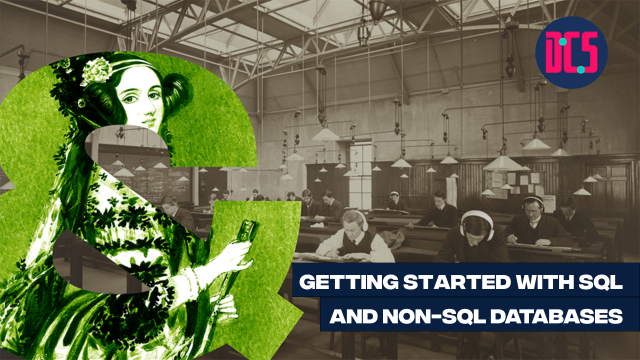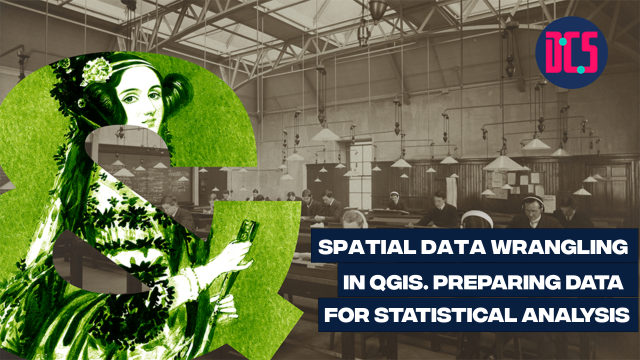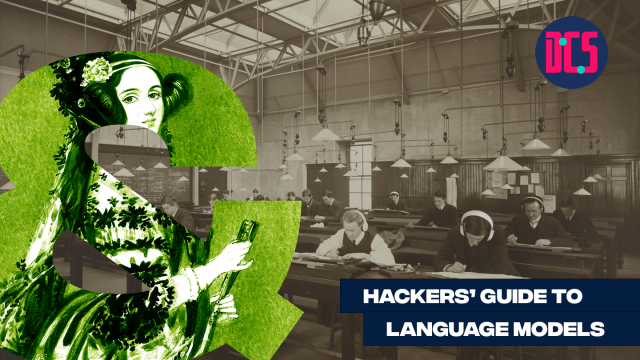Introduction to Machine Learning with Python

In Person
If you’d like to learn how to implement machine learning models, this course is for you! Over the span of two classes, you’ll get a chance to dip your toes into this topic.
We will begin the course by covering theoretical machine learning fundamentals, including some lectures explaining the different types of models and their relative advantages and disadvantages.
Next, we will show you how to use Python libraries to build machine learning models yourself.
Finally, we will discuss how to evaluate your models to make sure that they are both technically and ethically sound.
This course builds on last semester’s Python basics and Data Science in the Wild courses, so some basic knowledge of Python will be assumed.
This is an intermediate-level workshop. You will need a basic understanding of Python and how to run Python code.
Those who have registered to take part will receive an email with full details on how to get ready for this course.
This course will be taught by Bhargavi Ganesh.
After taking part in this event, you may decide that you need some further help in applying what you have learnt to your research. If so, you can book a Data Surgery meeting with one of our training fellows.
More details about Data Surgeries.
If you’re new to this training event format, or to CDCS training events in general, read more on what to expect from CDCS training. Here you will also find details of our cancellation and no-show policy, which applies to this event.
If you're interested in other training on data analysis, statistics, and machine learning, have a look at the following:
Digital Method of the Month: Focus on Statistical Methods Part 1 - Differential vs Inferential
Digital Method of the Month: Focus on Statistical Methods Part 2 - Linear Modelling
Digital Method of the Month: Focus on Statistical Methods Part 3 - Simulation
Return to the Training Homepage to see other available events.
Digital Scholarship Centre
Digital Scholarship Centre, 6th floor
Main Library
University of Edinburgh
Edinburgh EH8 9LJ












